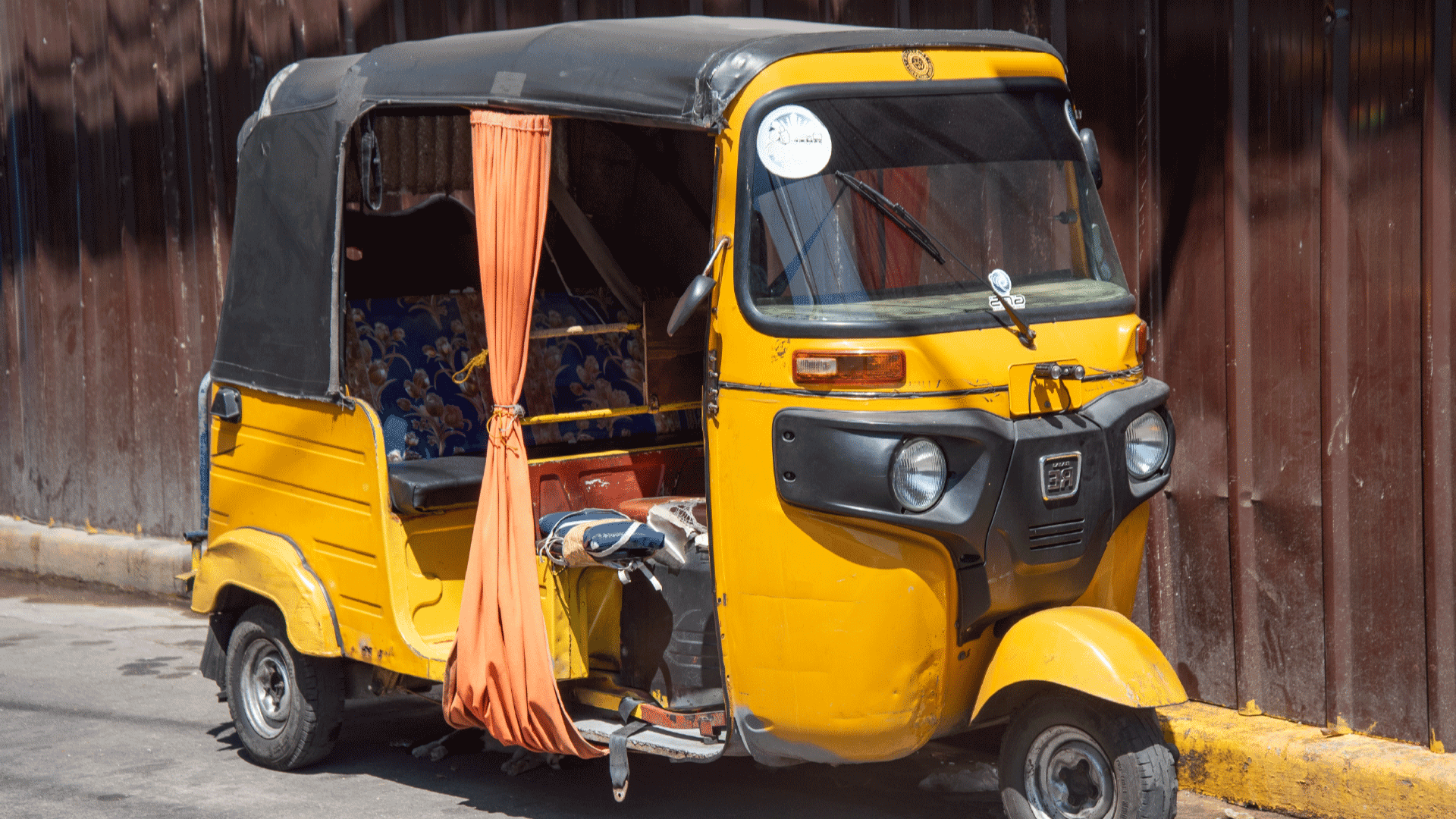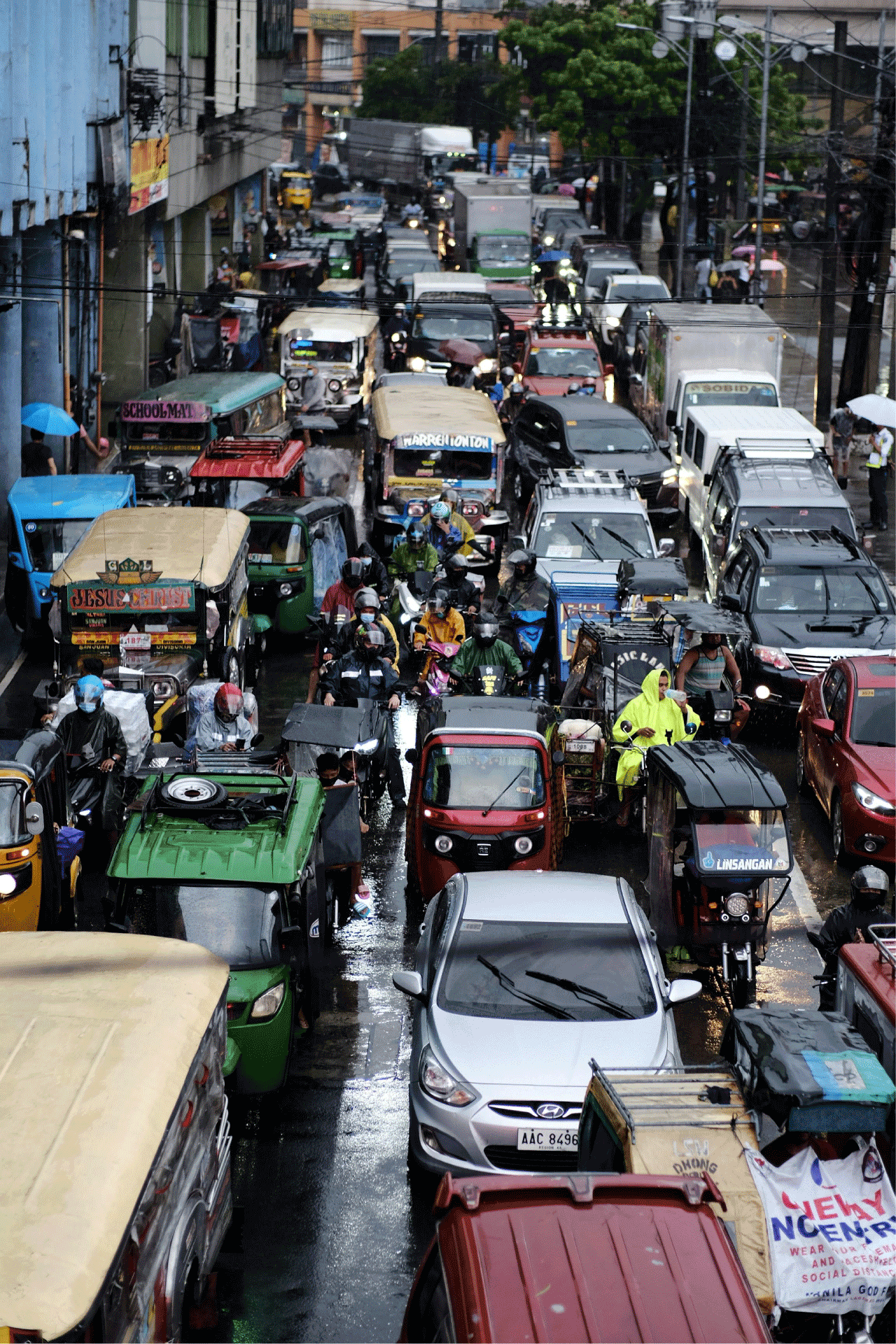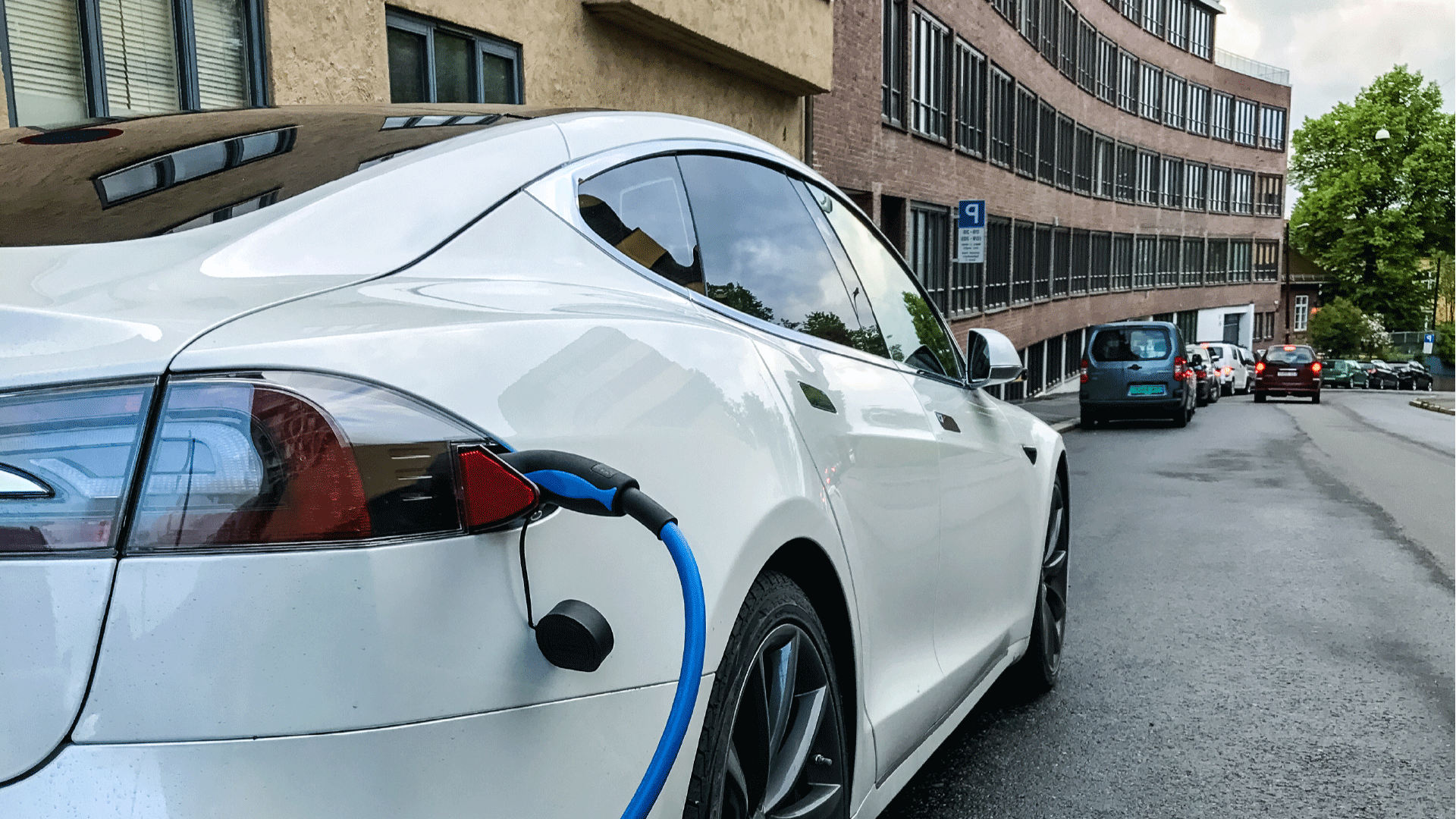How Electric Vehicles Will Revolutionize Philippine Businesses and Transport
The Philippines stands at a pivotal moment in its transportation evolution. As the country grapples with rising fuel costs, deteriorating air quality, and mounting pressure to reduce carbon emissions, electric vehicles (EVs) emerge not just as an alternative mode of transport, but as a revolutionary force that will reshape how Filipinos move, work, and do business. More importantly, EVs represent a significant step toward energy decentralization—reducing our dependence on imported fossil fuels and creating opportunities for locally-generated renewable energy to power our transportation systems.
The Current State of Philippine Transport: A System Under Pressure
The Philippine transport sector faces mounting challenges that affect millions of commuters daily. Recent fare increases have placed additional financial burden on Filipino families, with traditional jeepneys seeing their minimum fare rise to ₱12 from the previous ₱11, according to the Land Transportation Franchising and Regulatory Board (LTFRB). Even more concerning, economic analysts predict that minimum jeepney fares could balloon to ₱45-50 within five years due to the ongoing Public Utility Vehicle Modernization Program (PUVMP), as reported by Philstar.
These price hikes reflect deeper systemic issues. Transport groups continue to petition for fare increases, with some pushing for a ₱15 minimum fare amid persistent fuel price volatility, as noted by GMA News. The reality is stark: traditional transport systems built around imported fossil fuels leave Filipino commuters vulnerable to global oil price fluctuations and supply chain disruptions.
Beyond economics, the environmental toll is equally devastating. The country's transport sector, dominated by diesel-powered jeepneys, buses, and private vehicles, contributes significantly to air pollution, particularly in Metro Manila where smog levels regularly exceed safe standards. This environmental strain doesn't just affect air quality—it impacts daily commuting experiences, public health outcomes, and the overall quality of life for millions of Filipinos. The outdated infrastructure and pollution challenges create a vicious cycle where commuters face longer travel times, higher health risks, and increasing transportation costs.

Electric Vehicles: The Solution to Transport Transformation
Electric vehicles offer a comprehensive solution to these interconnected challenges, representing more than just a technological upgrade—they're a pathway to energy independence and economic stability. By shifting from imported petroleum to electricity, which can be generated locally through renewable sources like solar, wind, and hydroelectric power, EVs help decentralize the Philippines' energy system and reduce vulnerability to global oil market volatility.
The economic benefits are immediately tangible. While traditional vehicles require continuous fuel purchases, EVs dramatically reduce operating costs through cheaper electricity rates. For businesses, this translates to predictable transportation expenses and improved profit margins. For individual commuters, it means freedom from the constant worry of fare increases tied to global oil prices.
From an environmental perspective, EVs produce zero direct emissions, offering immediate relief to the Philippines' air quality crisis. Even accounting for electricity generation, EVs typically produce 50-70% fewer emissions than conventional vehicles, particularly as the country's energy grid incorporates more renewable sources. This environmental improvement has direct economic benefits—cleaner air reduces healthcare costs, improves productivity, and makes Philippine cities more attractive for international business and tourism.
The Numbers Tell a Promising Story: EV Adoption in the Philippines
The Philippine EV market is experiencing unprecedented growth, signaling a fundamental shift in consumer behavior and market dynamics. According to Statista, EV sales surged dramatically from approximately 1,000 units in 2022 to about 10,600 units in 2023—representing a remarkable 960% increase year-over-year.
This momentum is accelerating. Energy Tracker Asia reports that EV registrations increased by 50% from 2022 to 2023, with growth expected to continue expanding through 2025 and beyond. The Manila Observatory projects that sales will reach nearly 20,000 units in 2025, driven by increasing consumer demand, government incentives, and expanding infrastructure.
The market potential is enormous. Analysis by AI Car Global indicates that the Philippine electric vehicle market is expected to reach $1.14 billion in 2024 and grow to $4.7 billion by 2029, representing a compound annual growth rate of 32.73%. This growth trajectory positions the Philippines among the fastest-growing EV markets in Southeast Asia.
The Electric Vehicle Association of the Philippines (EVAP) forecasts even more optimistic numbers, projecting an annual growth rate of 8-12% that will generate ₱1.68 billion in revenue from services and sales of 200,000 units by 2024, according to U.S. Trade Department data. Significantly, many of these vehicles are e-tricycles used for short-distance passenger transport, indicating that EVs are already finding practical applications in the Philippine transport ecosystem.
This growth is supported by favorable policy environments and increasing infrastructure investment. Government incentives, including tax breaks and import duty reductions for EVs, are making electric vehicles more accessible to Filipino consumers and businesses. The convergence of policy support, technological advancement, and changing consumer preferences creates a perfect storm for EV adoption.

Navigating the Road Ahead: Challenges and Solutions
Despite the promising growth trajectory, several challenges must be addressed to fully realize the EV revolution in Philippine transport. Research by MDPI identifies three primary barriers: the availability of charging stations, range anxiety, and vehicle costs. These challenges, while significant, are not insurmountable and present opportunities for innovation and business development.
[H3] Infrastructure Development: Building the Charging Network
The most immediate challenge is charging infrastructure. Unlike traditional gas stations, EV charging requires a distributed network of charging points in residential areas, workplaces, shopping centers, and along major highways. This presents both a challenge and an opportunity for Filipino entrepreneurs and businesses. Kadence research shows that expansion of charging infrastructure, particularly in urban areas, has already begun alleviating range anxiety among potential buyers.
Battery swapping stations represent an innovative solution particularly suited to the Philippine context. As noted in scientific research, battery swapping stations can be utilized instead of traditional charging stations to reduce range anxiety and enable rapid vehicle turnaround for commercial operators. This model could be particularly effective for jeepneys, tricycles, and delivery vehicles that operate on fixed routes with predictable energy requirements.
[H3] Addressing Range Anxiety Through Education and Technology
Range anxiety—the fear that an EV won't have sufficient battery charge to reach its destination—remains a psychological barrier for many potential adopters. However, this concern is increasingly addressed through technological advancement and better consumer education. Modern EVs offer ranges of 200-400 kilometers on a single charge, more than sufficient for most Philippine driving patterns.
For businesses, range anxiety can be mitigated through route planning, strategic charging station placement, and vehicle-to-grid technologies that allow EVs to serve as mobile energy storage units. This dual functionality—transportation and energy storage—opens new revenue streams for businesses and contributes to grid stability.

Economic Accessibility and Total Cost of Ownership
While the initial purchase price of EVs remains higher than conventional vehicles, the total cost of ownership—including fuel, maintenance, and operational costs—often favors electric vehicles over their lifetime. Government incentives, financing programs, and the emergence of more affordable EV models are steadily addressing the upfront cost barrier.
For businesses, EV adoption can be justified through lower operational costs, reduced maintenance requirements, and potential revenue from providing charging services or participating in demand response programs. The electrification of commercial fleets—from delivery vehicles to public transport—represents a significant market opportunity.
[H3] Building Consumer Familiarity and Confidence
Unfamiliarity with EV technology remains a barrier, but this is rapidly changing as more Filipinos experience electric vehicles firsthand. Test drive programs, EV education campaigns, and the increasing visibility of electric vehicles on Philippine roads are building consumer confidence. As research indicates, consumers increasingly recognize EVs' long-term cost benefits and environmental advantages.
Accelerating Toward an Electric Future
The electric vehicle revolution in the Philippines is not a distant possibility—it's happening now. With EV sales growing exponentially, supportive government policies in place, and infrastructure development accelerating, the Philippines is positioned to become a regional leader in electric mobility.
For businesses, EVs represent opportunities for cost reduction, new revenue streams, and competitive advantages in an increasingly environmentally conscious market. For consumers, they offer freedom from volatile fuel prices, reduced environmental impact, and access to cutting-edge technology.
The challenges are real but surmountable. Success will require continued collaboration between THE government, private sector, and civil society to build charging infrastructure, educate consumers, and create supportive policy frameworks. Most importantly, it requires recognizing that EVs are not just about changing how we drive—they're about fundamentally reshaping our energy system, reducing dependence on imported fuels, and building a more sustainable, economically resilient Philippines.
The revolution is electric, and it's already begun. The question is not whether EVs will transform Philippine transport, but how quickly we can accelerate this transformation to benefit all Filipinos. The road ahead is electric, sustainable, and full of possibilities for a cleaner, more prosperous future.







